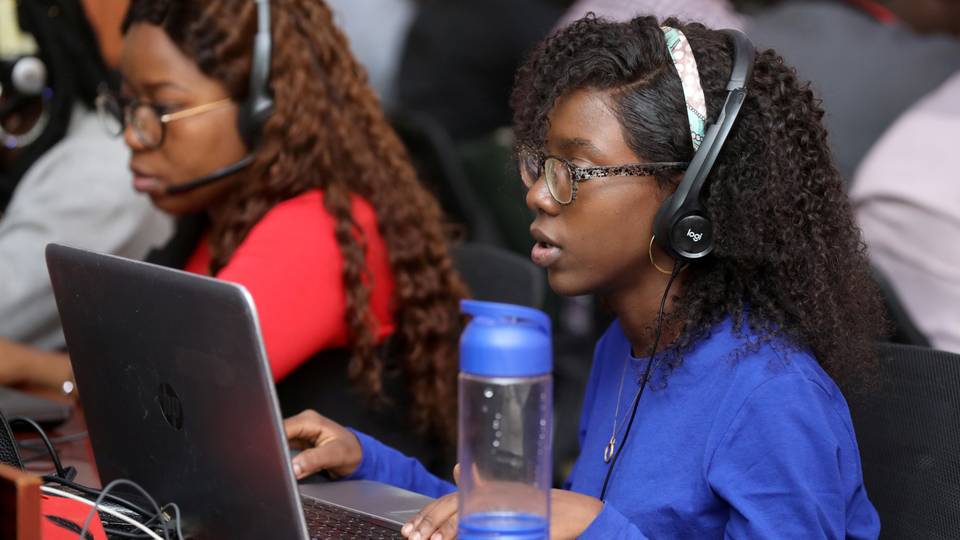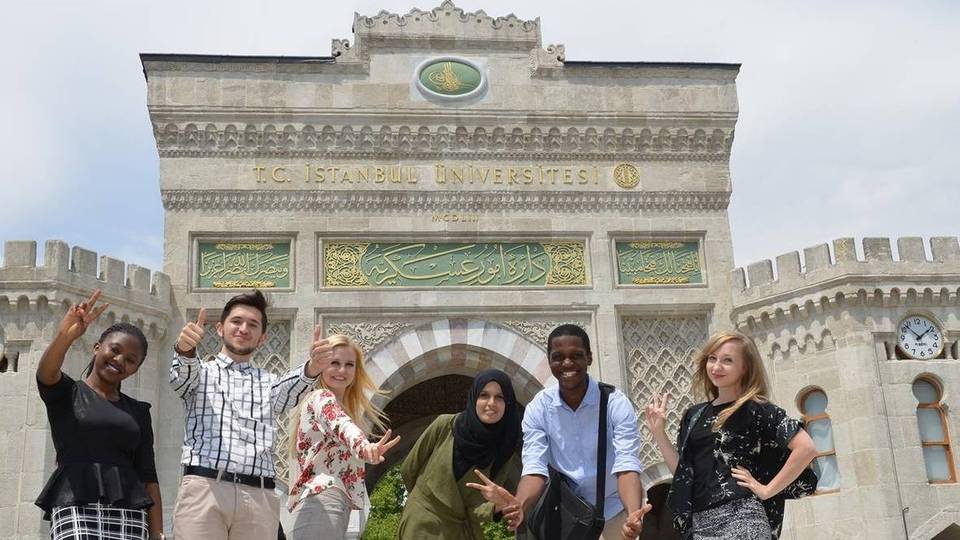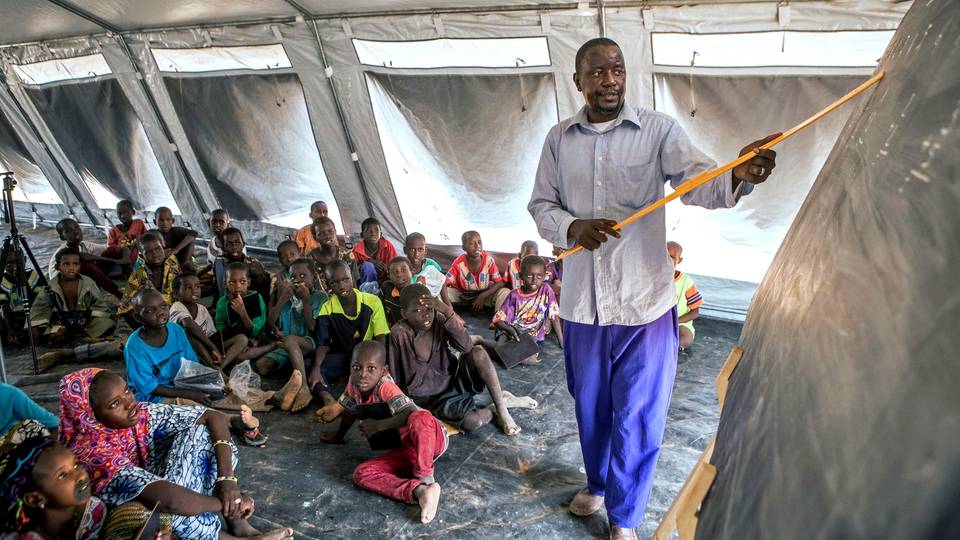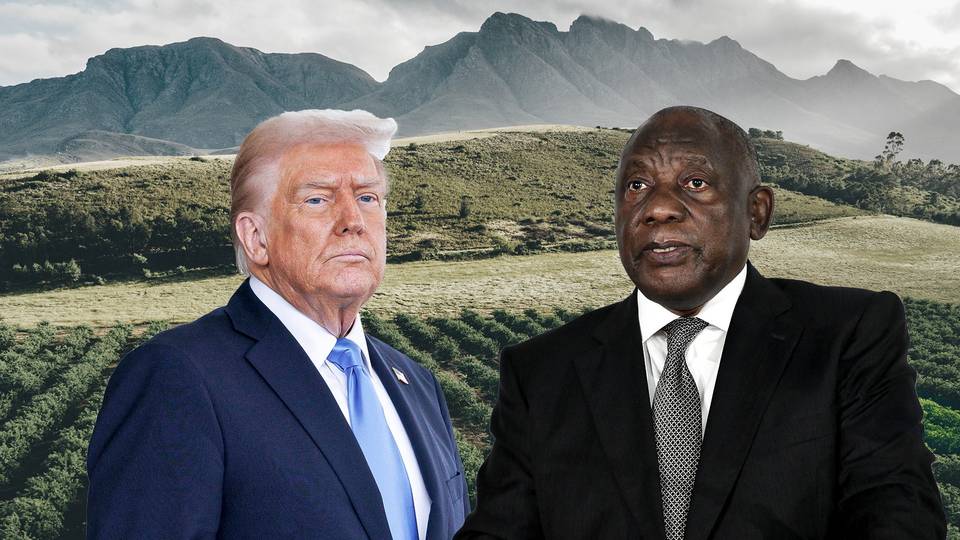Sport
Dollar
38,1091
0.18 %Euro
43,6805
-0.06 %Gram Gold
4.070,6600
0.18 %Quarter Gold
6.720,2300
0 %Silver
39,8500
0.21 %African economies are positioned to leverage their immense growth potential through a series of skill development programmes aimed at translating the game-changing African Continental Free Trade Area into a reality.

By Patrick Wanjohi and Tsitsi Chakonza
A recent macroeconomic report released by the African Development Bank (AfDB) shows eleven African countries ranked among the top twenty global economies with the fastest growth rates.
On the face of it, this is excellent news for the continent's financial sector. But there's a bottleneck.
Many African countries lag behind in the development of soft skills, a set of individual attributes and capabilities that range from communication and adaptability to creativity and problem-solving ability.
These essential skills are acknowledged across industries as the key to unlocking future growth.
One could argue that public financial managers in African economies have historically received training in technical skills spanning a range of subjects, such as budget management, revenue forecasting and analysis, auditing, and many more.
However, there is a gap in what we refer to as crucial soft skills, which are often overlooked and have an indirect impact on meeting countries' financial targets.
We are talking about effective communication, leadership, and strategic management, which could help economies manage internal and external economic shocks like unstable international financial markets, debt distress, and sociopolitical crises.

Giving it a go
The African Capacity Building Foundation, a specialised agency of the African Union for capacity development, launched a solution-oriented and innovative four-year high-level leadership development programme called Enhancing Leadership and Governance in Public Financial Management during the AfDB's recent annual meeting in Nairobi, Kenya.
"Research has shown that one of the main reasons for the failure of technical fixes —addressing economic/social problems without paying attention to power dynamics that affect them — in developing countries is that they ignore culture and management quality,” the foundation's executive secretary, Mamadou Biteye, said during his keynote address at the launch of the programme.
The programme aims to train high-ranking officials in the finance and public financial management ministries on good governance processes and effective leadership practices.
Six countries — Côte d'Ivoire, Ghana, Kenya, Nigeria, Senegal, and Zimbabwe — have been chosen for the pilot phase.
As part of the programme, officials associated with public financial management organisations must pick up skills that will translate into providing better and more easily accessible services to the public.
Free trade area
Africa seeks to achieve the ambitious goal of a single, consolidated market for 55 states through the African Continental Free Trade Area (AfCFTA).

The arrangement is estimated to potentially boost intracontinental trade by 52.3% by eliminating import duties. This could lead to Africa's economy expanding to US $29 trillion by 2050.
Public finance experts can be at the forefront of the race to achieve the goals once the development programme equips them with the requisite set of skills to get AfCFTA up and running through enhanced governance and accountability, efficient resource management, strengthening institutional capacity, boosting investor confidence, and facilitating regional cooperation.
Managing Africa's debt
Many African economies are still struggling to recover from the pandemic's shocks, and debt distress is a major factor hindering their growth and development.
However, with the skills attained from the training programme, such as fostering strategic thinking, negotiation and effective communication, African economies can benefit from efficient leadership in managing debt effectively, negotiating better terms such as interest rates and timeframe for debt repayment, and eliminating corruption.
The ultimate goal is to enable the continent's financial sector to achieve the ambitious Agenda 2063 and give African countries the advantage they need to propel their citizens to the Africa they want and deserve.
The writers are experts from the African Capacity Building Foundation, a specialised agency of the African Union for capacity development.
Disclaimer: The views expressed by the author do not necessarily reflect the opinions, viewpoints and editorial policies of TRT Afrika.
➤ Click here to follow our WhatsApp channel for more stories.
Comments
No comments Yet




















Comment